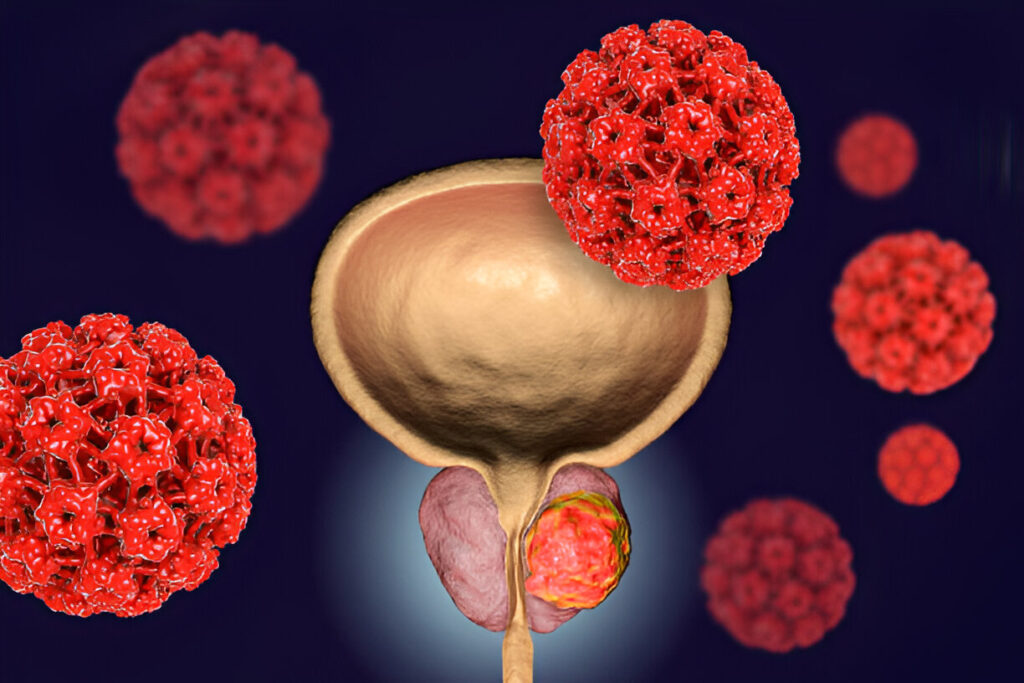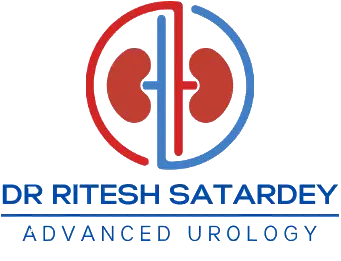Enlarge Prostate
Overview
When the prostate gland enlarges and presses against the urethra, causing problems related to urination, it is known as benign prostatic hyperplasia (BPH), a frequent condition in elderly men. Urgency, dribbling, weak pee stream, urgency, difficulties starting, and frequent urinating are a few examples. According to the severity, BPH is treatable with surgery, medication, or lifestyle modifications. It is not malignant. To ensure that you receive the right diagnosis and treatment, see a healthcare provider.
What are the types of Enlarge Prostate?
Benign prostatic hyperplasia, sometimes known as an enlarged prostate, is the term used to describe the general condition of prostate enlargement. But in this particular situation, there are a few distinct ways that BPH can manifest itself:

Symptoms
The following are signs of benign prostatic hyperplasia, or BPH, which is an enlarged prostate:
Increasing frequency of urination: Especially during the night (nocturia).
An intense and sudden need to urinate is called urgency.
Urination difficulties: Trouble getting the urine to start flowing.
A weak urine stream is one that flows slowly or sporadically.
Feeling that the bladder is not completely empty after urinating is known as incomplete bladder emptying.

